MOHRE Enquiry Services: A Complete Guide
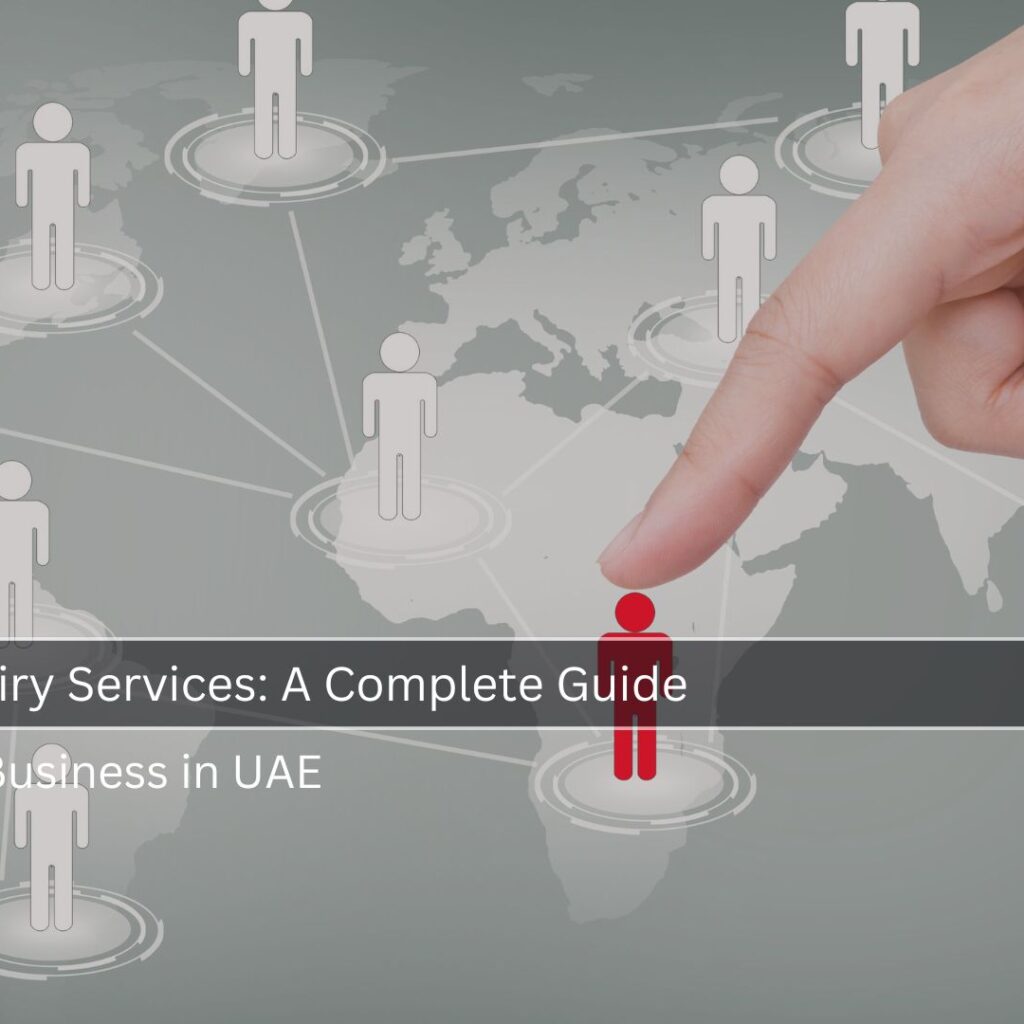
MOHRE Enquiry Services: A Complete Guide Introduction to MOHRE Enquiry Services The Ministry of Human Resources and Emiratisation (MOHRE) is a crucial governmental body in the United Arab Emirates (UAE) that oversees labor regulations, employment services, and workforce policies. It ensures compliance with UAE labor laws, protects employee rights, and facilitates seamless employer-employee interactions. One […]
How to Sell on Amazon UAE – Amazon Seller Account UAE
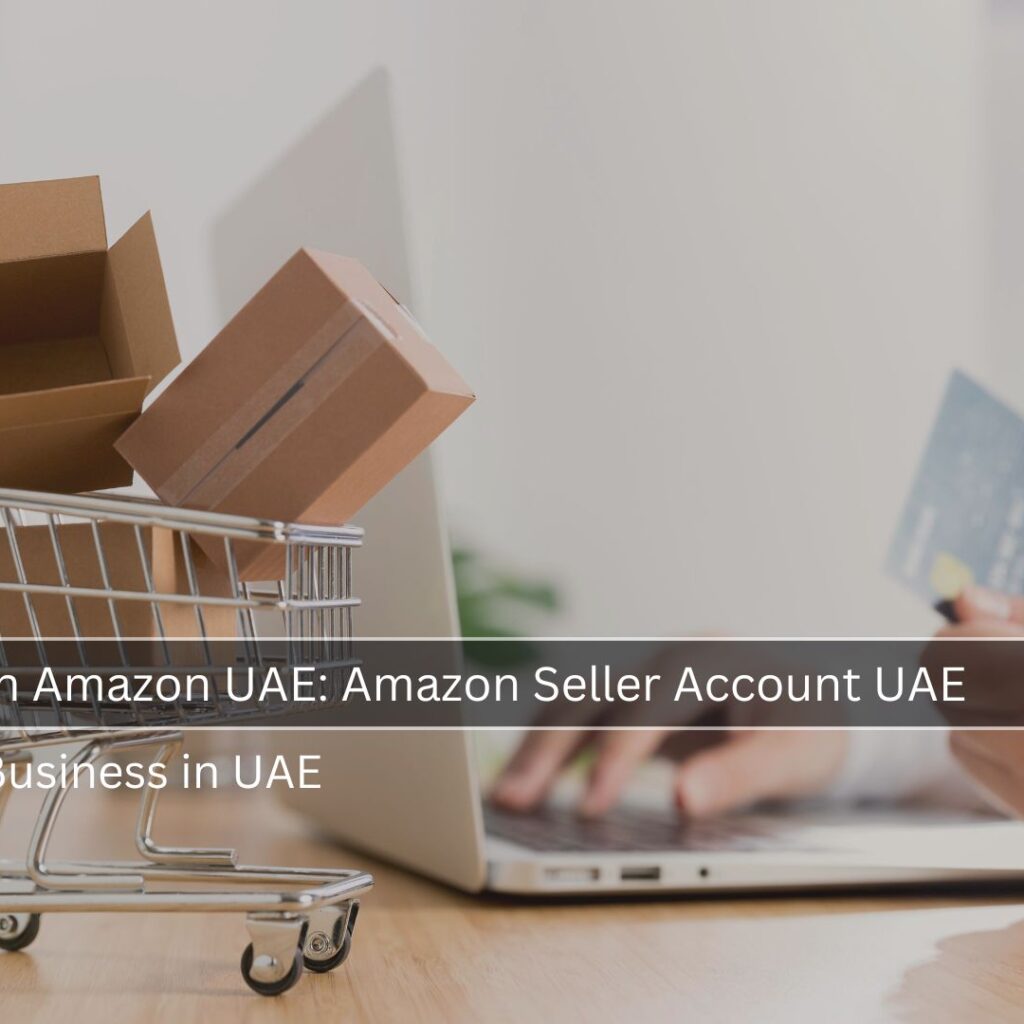
How to Sell on Amazon UAE in 2025: Amazon Seller Account UAE Amazon’s expansion into the United Arab Emirates (UAE) has significantly transformed the region’s e-commerce landscape. With the launch of Amazon.ae, the company has opened new avenues for both local and international sellers to tap into a burgeoning online market. Amazon Seller Central serves […]
How to Setup your Business in Dubai Mainland in 2025
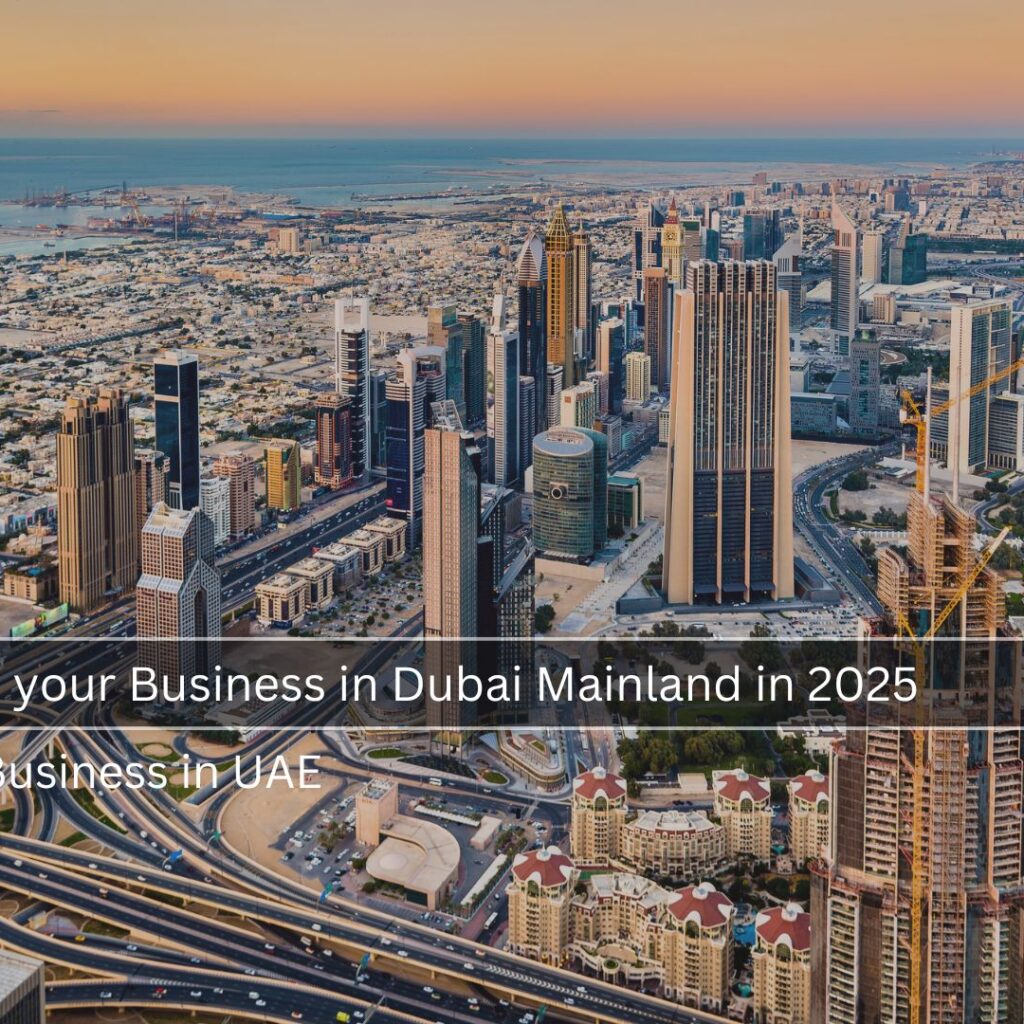
How to Setup your Business in Dubai Mainland in 2025 Dubai has rapidly transformed from a modest trading post into a leading global business hub, strategically bridging the East and West. Its remarkable growth is attributed to visionary leadership, strategic location, and a business-friendly environment that attracts entrepreneurs and multinational corporations alike. Dubai as a […]
Business Setup in Ras Al Khaimah Free Zone in 2025
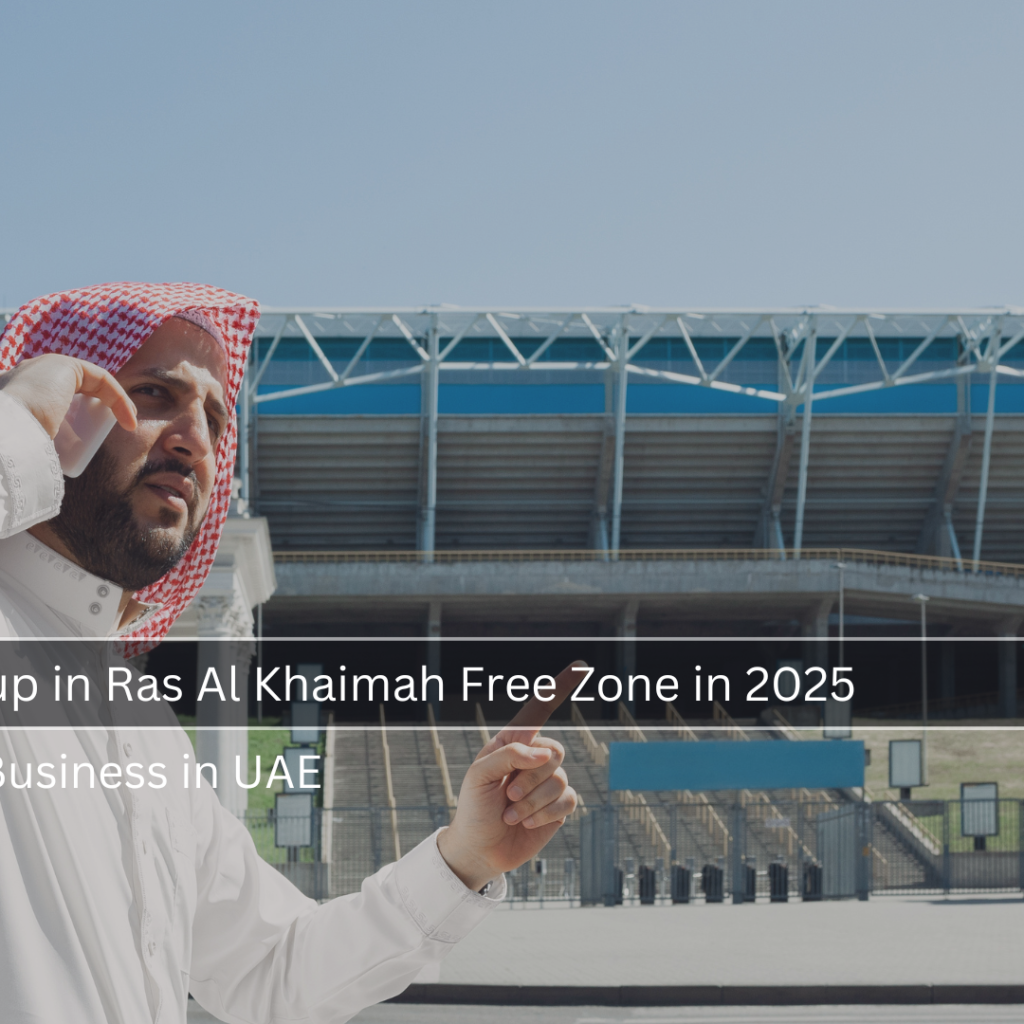
Business Setup in Ras Al Khaimah Free Zone in 2025 Ras Al Khaimah Free Zone: The United Arab Emirates (UAE) has rapidly evolved into a premier global business hub, strategically bridging markets across Europe, Asia, and Africa. This transformation is underpinned by the nation’s robust infrastructure, investor-friendly policies, and a diversified economy that extends beyond […]
Obtain a Real Estate License in Dubai in 2025
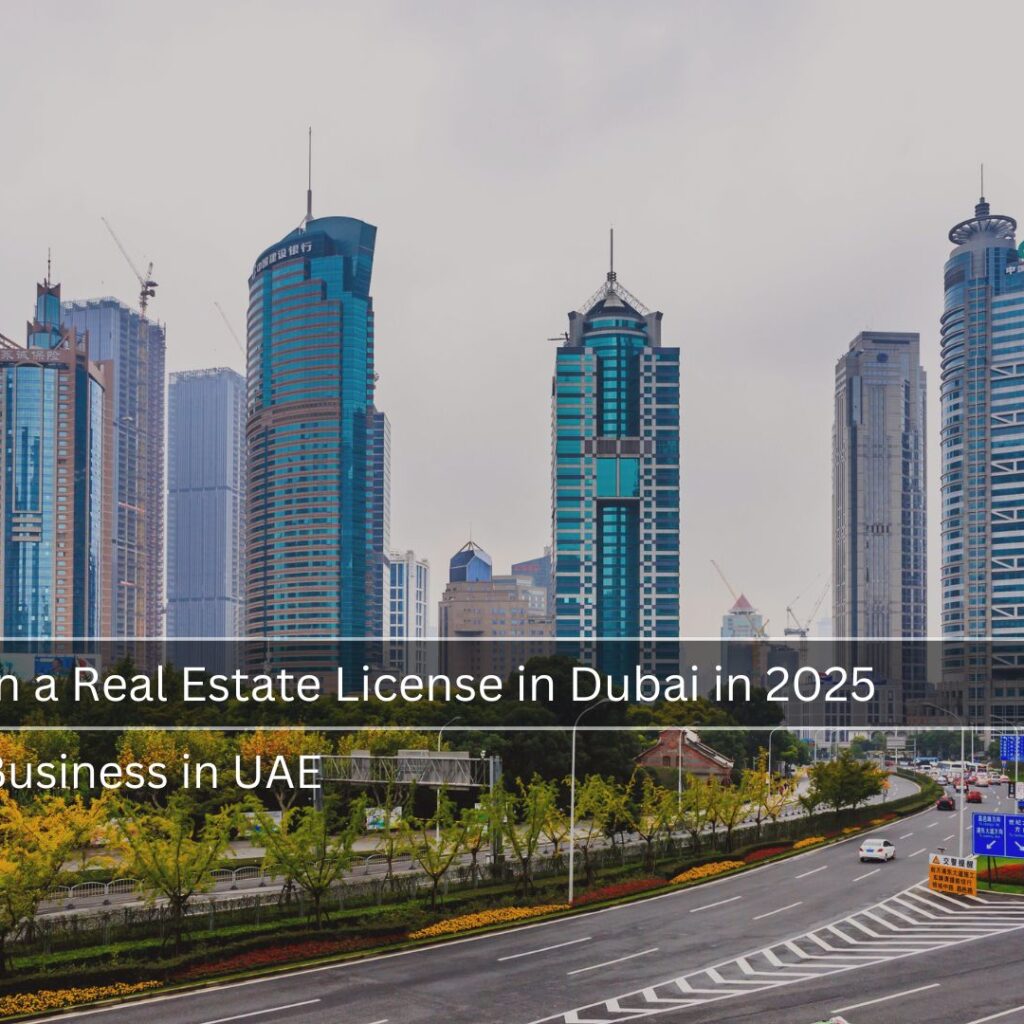
How to Obtain a Real Estate License in Dubai in 2025 Dubai’s real estate market has experienced significant growth, solidifying its status as a global hub for property investment and attracting professionals worldwide. The city’s strategic location, robust infrastructure, and investor-friendly policies have contributed to a dynamic property sector that appeals to both investors and […]
Business Ideas for Teens in Dubai – Extended

Business Ideas for Teens in Dubai – Extended Dubai has rapidly transformed into a global hub for entrepreneurship, offering a fertile environment for young innovators. The city’s strategic location, state-of-the-art infrastructure, and supportive government policies have cultivated a dynamic ecosystem that encourages youth entrepreneurship. Initiatives such as the Mohammed Bin Rashid Establishment for Small and […]
Business Ideas for Teens in Dubai

Business Ideas for Teens in Dubai Dubai has rapidly transformed into a global hub for entrepreneurship, offering a fertile environment for young innovators. The city’s strategic location, state-of-the-art infrastructure, and supportive government policies have cultivated a dynamic ecosystem that encourages youth entrepreneurship. Initiatives such as the Mohammed Bin Rashid Establishment for Small and Medium Enterprises […]
How to Add New Activity in Trade License in the UAE

How to Add New Activity in Trade License in the UAE The UAE is renowned for its business-friendly environment, offering endless opportunities for entrepreneurs and established companies. As businesses grow and diversify, they often need to expand their scope of operations. One strategic way to achieve this is by adding a new activity to an […]
Business License in Dubai: A Comprehensive Guide
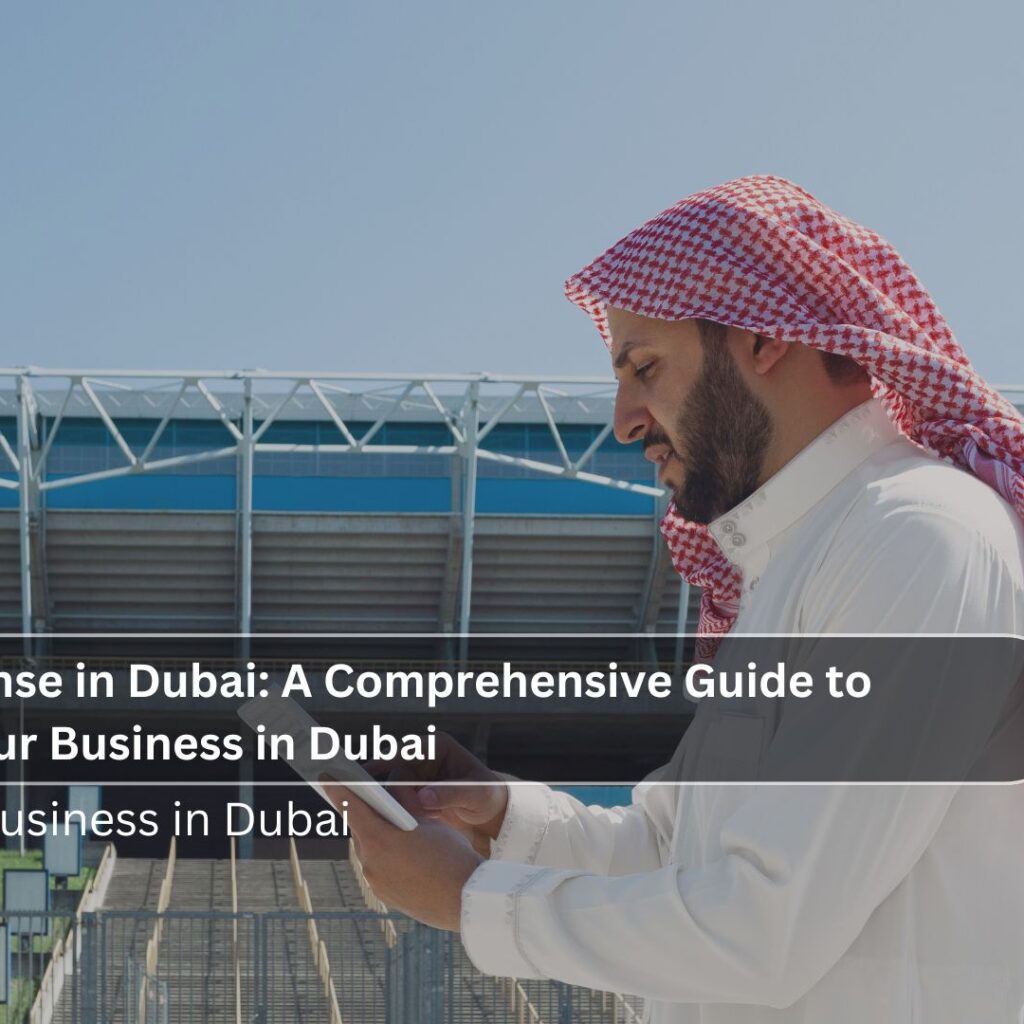
Business License in Dubai: A Comprehensive Guide to Setting Up Your Business in One of the World’s Leading Business Hubs Business License in Dubai is a crucial element for any company seeking to establish itself in the UAE market. Dubai, as one of the leading global business hubs, offers several types of licenses depending on […]
Obtain a Technical Services License in Dubai
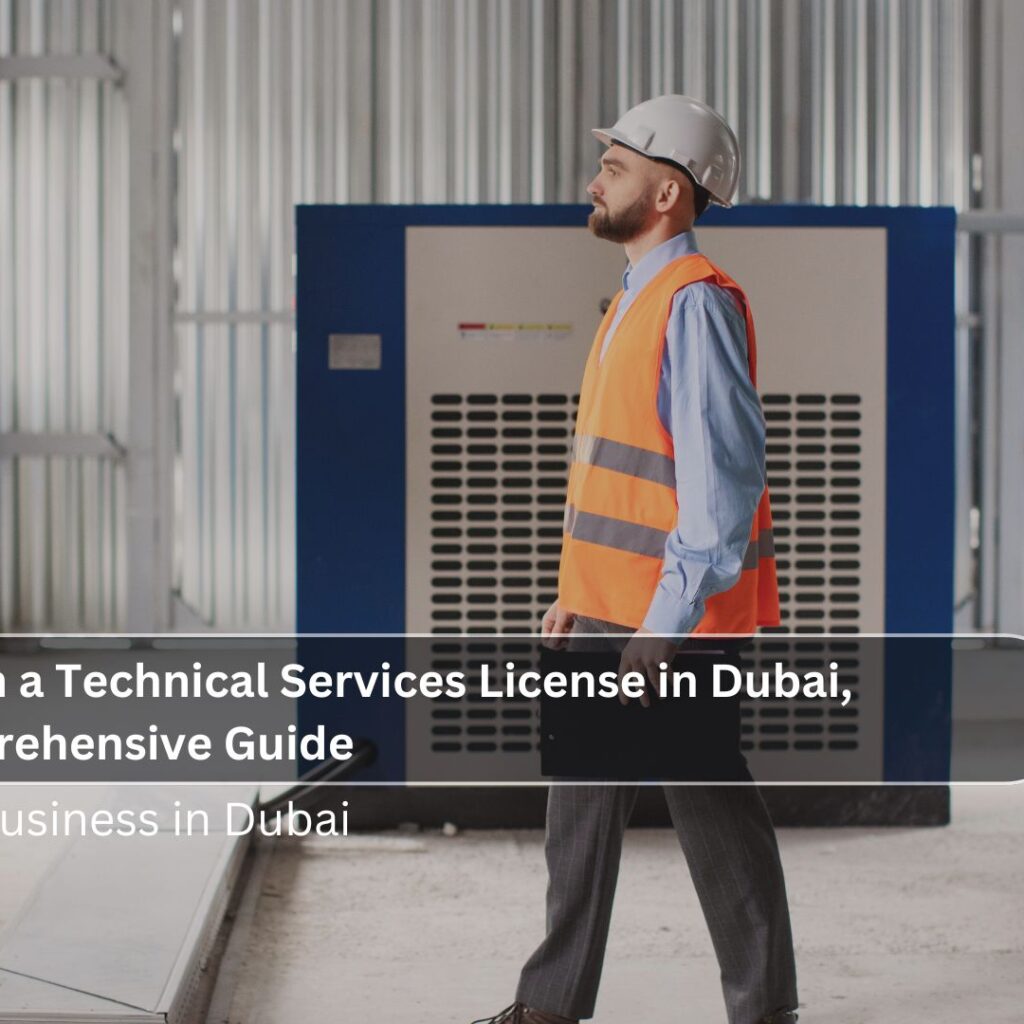
How to Obtain a Technical Services License in Dubai? Dubai, a global hub for business and innovation, has seen an unprecedented surge in demand for technical services across various sectors. This demand has given rise to numerous opportunities for entrepreneurs looking to establish a foothold in the technical services industry. If you are considering launching […]
